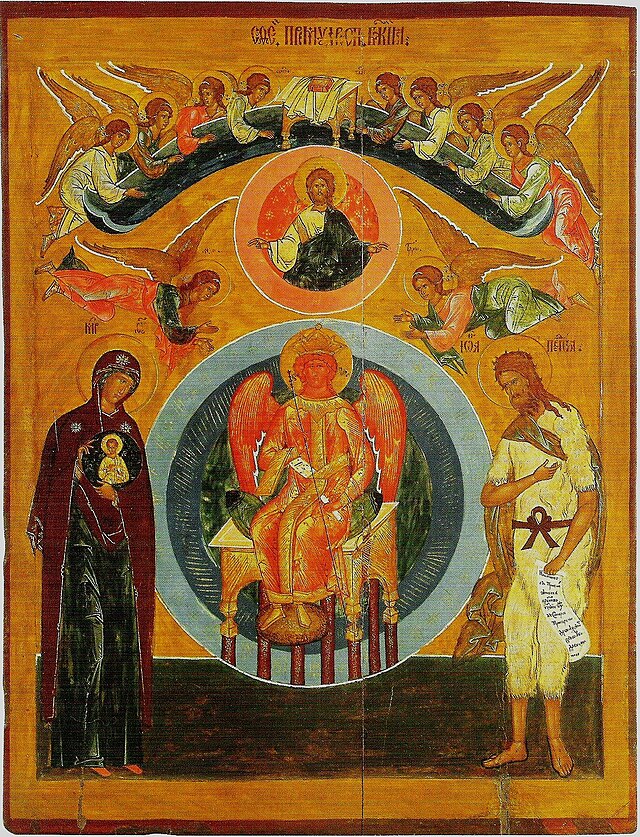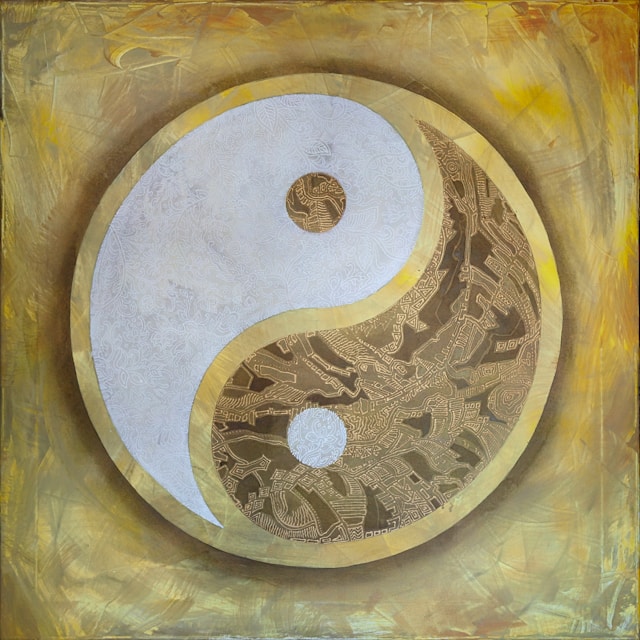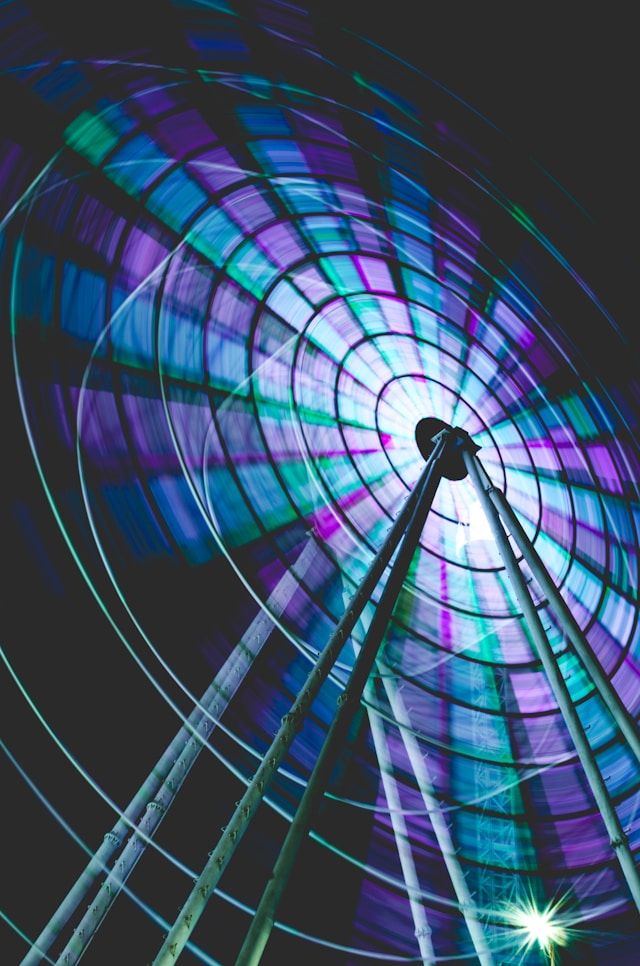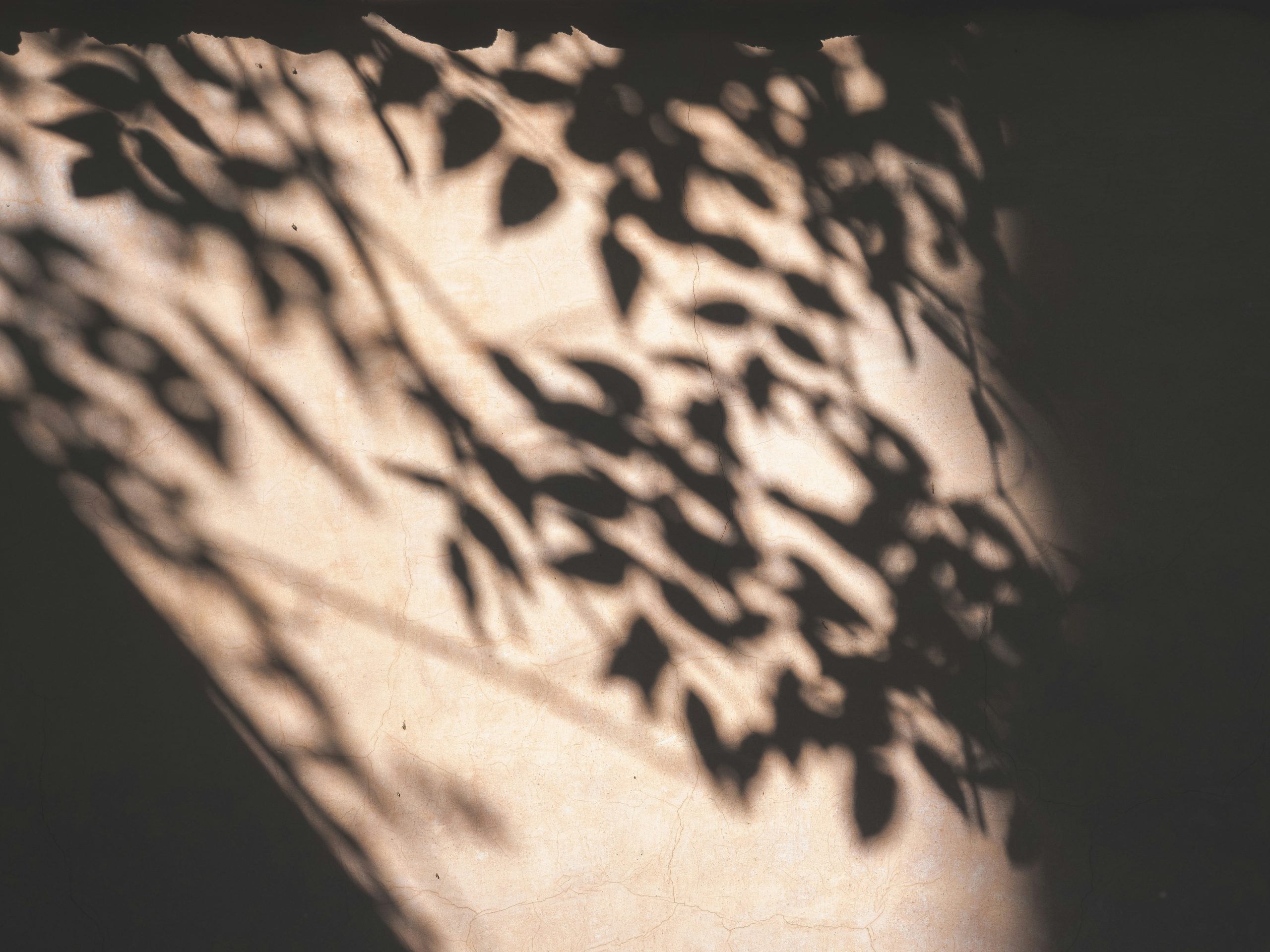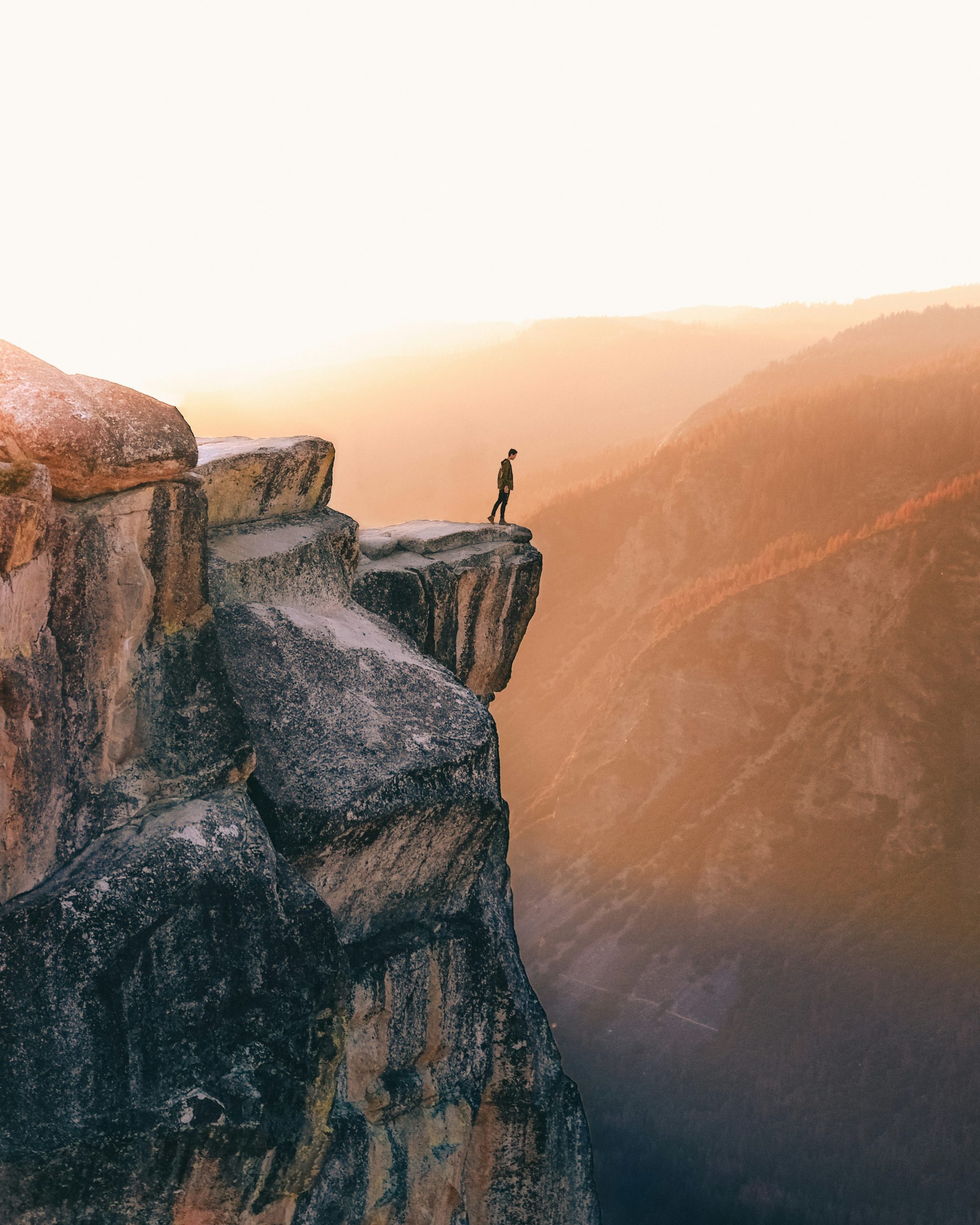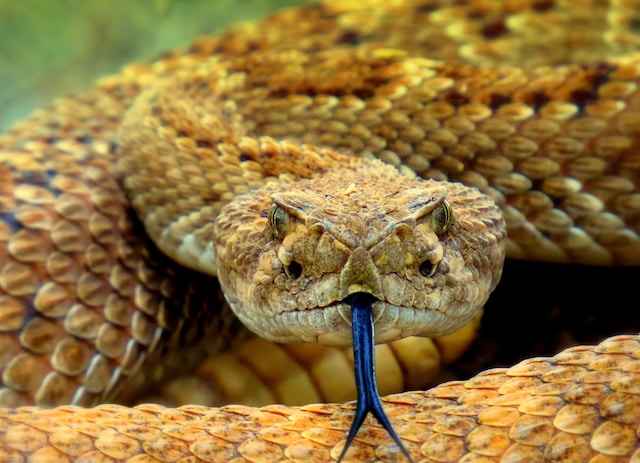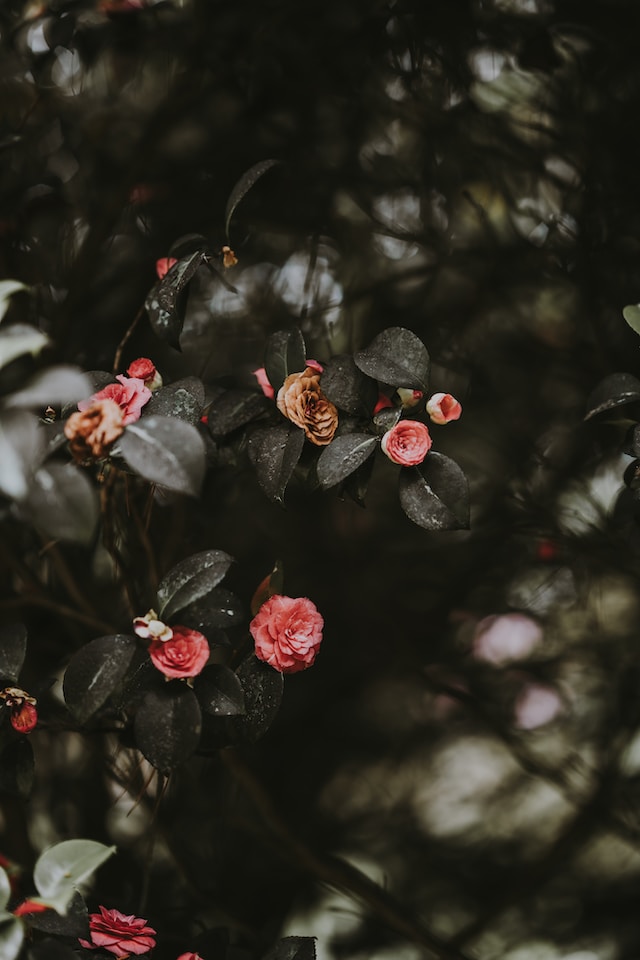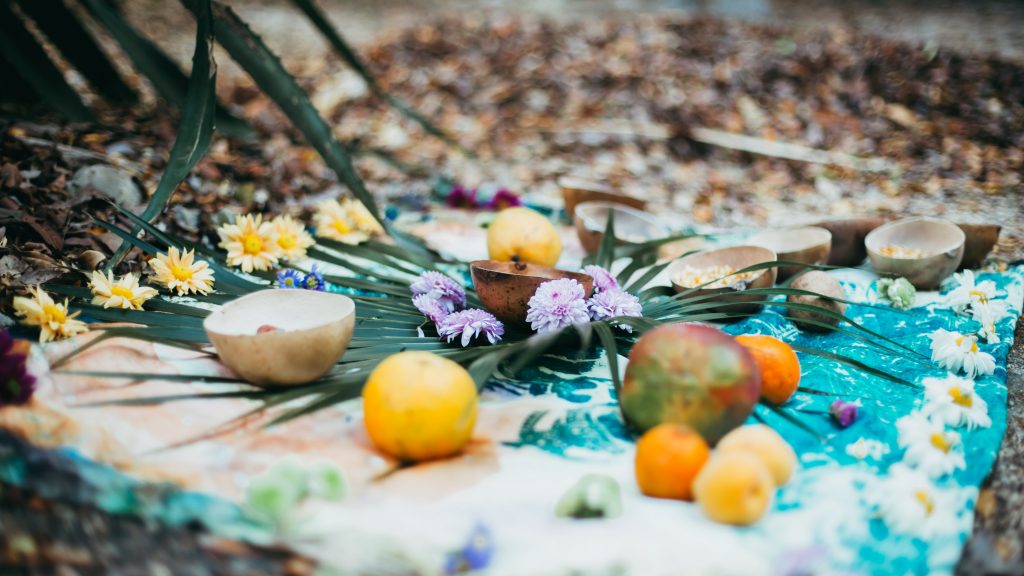Sophia and her son
The Gnostic traditions offer a story about creation that differs from more widely told tales. It begins in what is called pleroma, which is the fullness of divinity, the totality of god. Before there was the created world, there was only fullness that radiated out like a star, and beyond it was void.
There was also Sophia, who is the wisdom of god, who was overcome with curiosity about what lay in the void beyond fullness. So she moved away from the center toward the edges, where fullness grew thin. Finally stepping into the void, however, Sophia became confused and terrified. Suddenly she knew herself as an individual being, one with her own existence beyond fullness, an existence that she suddenly realized could be extinguished.
The fear and confusion choked her like river water to a drowning person, and she forced it from her body. That fear and confusion became a child, serpentine and body and leonine of head, and Sophia felt clear enough to return quickly to the edge of fullness before it devoured her again. It was a relief to remember that she was of this totality, and nothing of her could be lost or annihilated.
But the child of Sophia’s anguish remained in the void, bellowing and crying out in his anger, fear, and confusion. His face was turned only toward the overwhelming expanse of emptiness, the only world he’d ever seen or known, and he could not even dream it was possible to turn around and see the fullness from which he had come. “I am alone,” he shouted. “I am abandoned in this wasteland. I am a miserable child of none.”
His cries pierced Sophia’s heart, and she knew his suffering was hers. In her rush to return to peace, she had abandoned him, and now he was too far to reach and she dare not risk leaving the fullness to rescue him. So she cried out, “You are not alone! Turn around and see me! I am your mother, who loves and weeps for you!”
But the child only cried louder. “I am forsaken in this vast forsaken abyss! I am cursed to be awake in a world of nothing. I hate that I must know my own hell, this vacuous suffering, mocked by shadows.” Thrashing his serpentine body, he was too loud to hear his mother’s voice, and from his despair he vomited forth galaxies, planets, stars, and beings to populate them. “Now I will not be alone!” He cried. But as he had never known the fullness, he could not enspirit these beings, and they offered nothing to him, so he swallowed them with rage and vomited forth a new world.
Sophia, boundless in her patience and love, watched his torment, worsened by his efforts to escape it, and continued to call out his name in the hopes he would hear. From her heart poured her love, and the spark of divinity that lived within the pleroma, and this streamed into the world created by her son to infuse all the beings that crawled and swam and flew and rested and remained still with a piece of the fullness. She prayed that with this touch of god these beings would know themselves and know their son as well. She prayed that one day enough of her love would pour forth that all of these beings could help her son turn toward the fullness and finally see her, in her boundless care and wisdom, and know they had never been alone.
Our lonely struggle against belonging
This story often comes to mind when I watch the misery of those who feel alone yet resist what belonging and connection is available to them. I get it, because I can observe this longing and resistance in my own heart. We can bemoan our state with a sharp, hot, aggrieved resentment toward those fortunate enough to have love and connection. But to surrender to it ourselves when those around us offer it may feel somehow humiliating and deeply threatening. To be truly known and loved after feeling starved for connection is overwhelming, and it’s common to want to push it away instinctively.
It’s like we have a hurt muscle, and someone is approaching with the intent to massage it and give us relief, but we don’t quite trust them. We guard against the pain, grow tense, and flinch from the touch. To establish trust, the contact has to begin slowly but with confidence. We need to believe—to have evidence that sustains belief—that this person has an intention of care and will not hurt us more. As trust grows, muscles soften, and the masseuse can do deeper work so long as they show they’re noticing the sharp moments when it is too much. When we can tolerate the connection and care, the pain surrenders to healing.
Of course, those of us on this earth lack Sophia’s boundless wisdom and patient love, only the cupful we can hold. Connecting is challenging and requires fortitude and patience, and if you’ve been too long in the void it’s hard to summon any of that with the faith that the pain is worth the attempt. The risk of loving is fraught with pointless arguments and hurt feelings. What’s worse, lonely people tend to find people who don’t really treat them with respect, so their fears are amplified.
The metaphor of the masseuse does not encompass fully the difficulties of connection, because with a masseuse (or a therapist) there is an agreement in roles—one person is there to receive care, and the other is there to provide it. When it comes to love or friendship, you might have a sore muscle and the other person might reach for it and you have no idea what their intentions are or what they’ll do. Do they even know you have this pain? Are they reaching out in care or carelessness? Are they going to poke you because it’s funny to them? Are they going to lay their hand on your sore spot with this earnest desire to connect and leave you feeling like you have to endure the pain because you don’t want to hurt their feelings and lose the connection?
In non-transactional relationships—the ones that we truly crave—we could be simultaneously the healing masseuse and the wounded patient, and many more things besides, and we might miss who is talking to whom. You might be asking for care from someone desperate for care. Or they might be asking you for care and you hear a demand for more painful wounding. The dynamics happen so quickly, so under the surface through tone and eye movements, we might not even realize what’s happening or why I’m flinching away from their connection. No wonder it feels easier, somehow, to bellow into the darkness and bemoan our misery, to create a pretend world we can dominate instead of risking connection.
When we stay settled in pain, we risk becoming authoritarians. Our essential resentment of loneliness becomes an accusation against the world, a feeling that somehow we are entitled to dominate it because we are in so much pain. Authoritarian movements draw in lonely, embittered people who have no other belonging and gives them a mission for which their misery is fuel, and repays them with the satisfaction of vengeance against those they blame for their misery.
And it is never enough, because their misery cannot be cured by another person’s suffering. Domination does not give us the connection we so desperately crave, the real balm to loneliness. It leaves us instead in a state of constant competition and insecurity, feeling powerful one moment and then protective of your position the next. Someone who is with you out of compulsion can never give the boundless love that Sophia offers freely in every moment.
I write of Sophia as a metaphor, as an archetype, and as a real force that exists beyond time and space to which we could turn and connect at any time. The story that began this writing is not literally true, but I feel it tells a spiritual and psychological truth. Our lonely egos are the serpentine child suffering in loneliness and despair while the fullness of Self is always there, always ready to receive us, to reconnect us to the belonging we already have. All we need to do is to be willing to receive it, to imagine it is possible, and to ask for it. Whether you think the story is real or bullshit, whether gods exist or they’re all fabrications, all of those thoughts are okay and you could still connect to something that is love and wisdom which could help you brave the bumpy world of human relationships and material existence.
If we have no human sources of connection, we could find it with our beloved pets, with the natural world, with spiritual practice. We could use imagination to connect with experiences that are hard to access otherwise.
Practice
I will close this by offering a practice that works with the story of this essay, so we can imagine together what it would be like to turn around and see Sophia there, divine mother, boundless of wisdom and patient love, her arms open and heart aflame in care for us. I want to repeat that you do not have to believe or disbelieve any particular thing to experience this. If you are skeptical, that is okay. If you don’t believe in myth or the gods, that is okay. If you are of a different tradition that doesn’t believe in Sophia, that could be fine, but if your tradition forbids you from engaging with any symbols or beings outside of itself, you could just substitute your own divine figure instead.
Read the following completely, and then try it out: Close your eyes and imagine yourself in an empty world, feeling isolation and desolation. Ask to feel as much of your loneliness as you wish today, just enough to get the feeling of it but not so much it overwhelms you. If you feel too disconnected, ask to get closer. If you feel too overwhelmed, ask for more distance.
Keep breathing and seeing how it feels in your body to be lonely. Stay with it for several breaths, or until you’ve reached the amount you can tolerate.
Then imagine you hear a voice. It calls your name. It is calm and firm, with a resolute care. Notice how you feel toward the voice, and acknowledge all of those feelings. Notice there is no aggression in the voice, but it is insistent. It calls your name, and waits, and calls again.
Imagine you can turn toward the source of the voice, and notice what happens in your body, your heart, your mind. There is a woman, bright in the darkness, calling to you. Love and care pour from her heart in a golden stream that flows toward you. You could let that stream pour into you, or over you, and drink in as much as you wish. See how long you can stay with this, receiving love and wisdom, and connection. Ask for whatever help you need to find this connection in your life. Thank the being and thank yourself.


